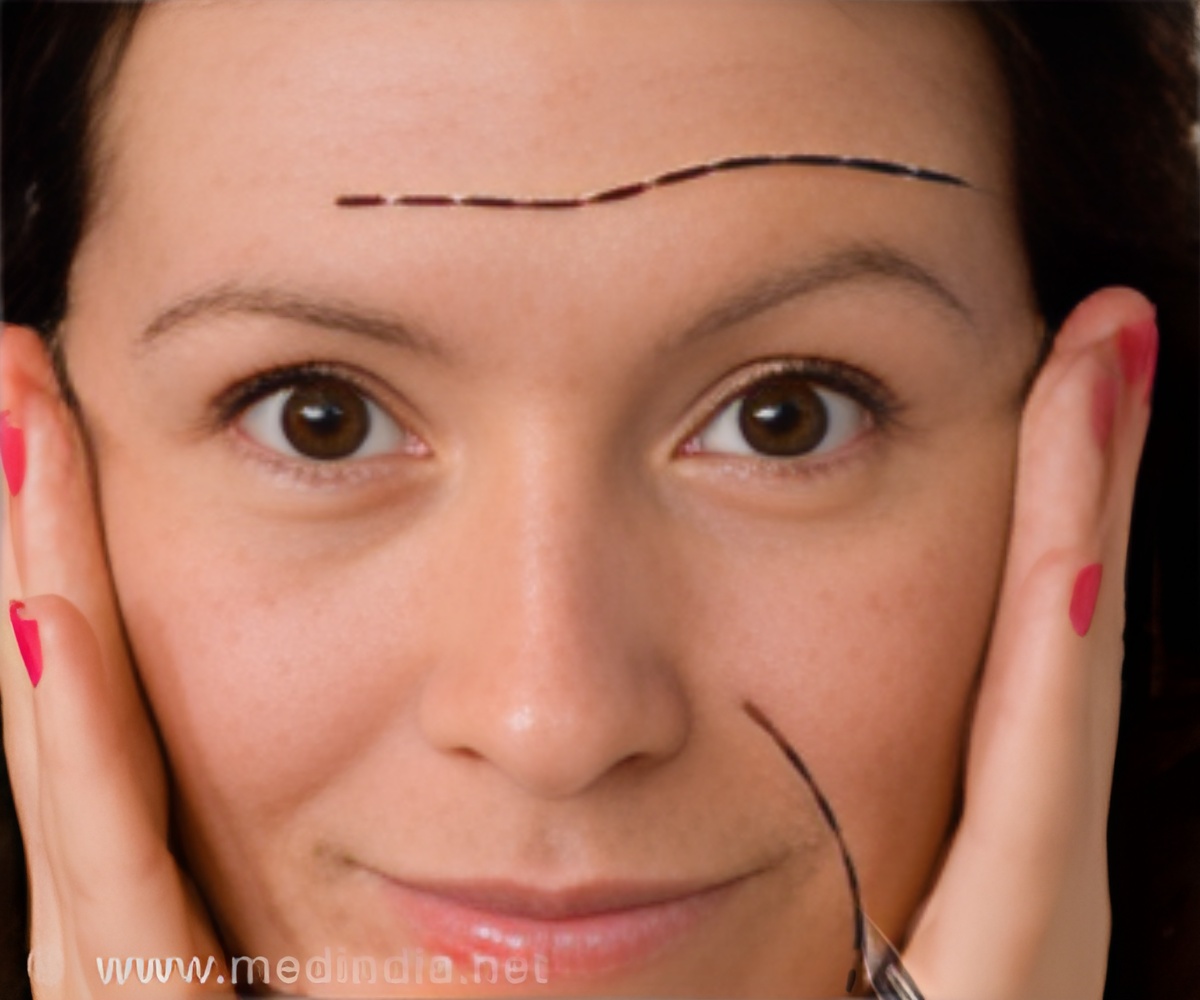
Dog Bites in Children—Patient Characteristics From 1995 to 2005, Dr. Eppley treated 105 children with dog bits of the face, scalp, and neck. The children's average age was about six years—the youngest was 6 weeks and the oldest 11.5 years. In contrast to previous studies showing that most dog bites occur in boys, Dr. Eppley's patients were about equally divided between girls and boys.
In 95 percent of cases, the dog was known to the patient and family—belonging either to the family or to a friend, neighbor, etc. When the breed was known, the most common was Pit Bull, followed by Chow, German Shepherd, and Doberman Pinscher. Most of the bites were classified as "provoked," occurring when the child was playing with, petting, or otherwise interacting with the dog.
In 90 percent of children, the bites caused a combination of crush, laceration, and shear injuries. However, in most cases the wound could simply be closed (ie, with stitches), with no significant risk of infection. Some bites required skin grafting or other reconstructive surgery. One child developed an infection and one was left with permanent injury to the facial nerve.
High Rate of 'Scar Revision' Surgery In more than three-fourths of cases, the child underwent additional "scar revision" surgery in an attempt to improve the aesthetic results. About one-fourth of patients needed a second or even third revision surgery.
More than one-third of cases involved legal action, either against the dog's owner or insurance companies. Because of the high litigation rate and possible denial of insurance claims for reconstructive procedures, Drs Eppley and Schleich advise surgeons to keep meticulous records, including photographs, of dog bite cases.
Advertisement
"Even with favorable results from scar revisions, the patient and family may still regard the scars as a permanent disfigurement," Drs. Eppley and Schleich write. They suggest that plastic and craniofacial surgeons treating dog bite injuries in children should advise parents about the possible need for further surgery for scar revision, and provide counseling to "align expectations with expected surgical outcomes."
Advertisement














